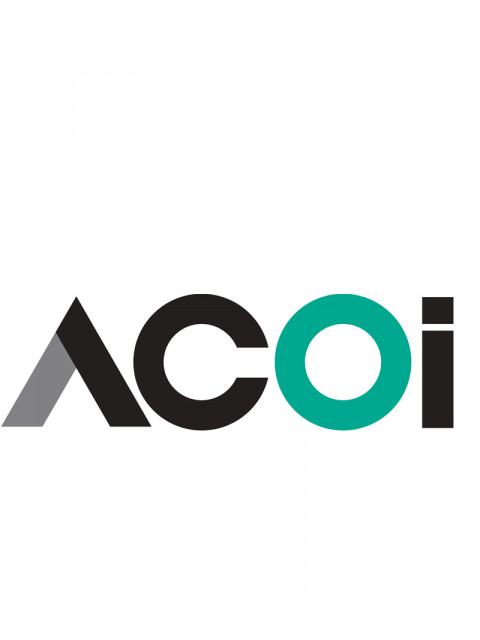On September 11, the ACOI submitted comments to the Centers for Medicare and Medicaid Services (CMS) in response to its proposed payment policies for 2026.
ACOI pushed back on CMS’ proposal to cut 7,267 CPT codes by 2.5 percent. Only 389 time-based codes — evaluation and management, care management, maternity care, and services on the CMS telehealth list — are exempt from the cut that CMS calls an ‘efficiency adjustment.’ CMS would apply additional reductions every three years.
The impact of CMS’ proposal on ACOI members will be varied depending on a physician’s mix of services. The American Medical Association (AMA) estimates that more than 56 percent of internists will face a cut of five percent or more if CMS finalizes its proposal.
CMS assumes physician time and work intensity decreases as a practitioner develops expertise in performing a specific service. As such, CMS’ stance is the current work relative value units (RVUs) may not reflect these efficiencies due to the infrequency of service revaluation under the Physician Fee Schedule (PFS) and the limitations of reliance on survey data.
In its comments, ACOI opposed the proposed efficiency adjustment on the grounds that it is arbitrary and is not resource based. ACOI also took issue with CMS basing the efficiency adjustment on Medicare Economic Index (MEI) productivity when it has been decades since Medicare physician payments were linked to the MEI.
ACOI’s comments to CMS also touched on a number of other proposed policies, including changes to the practice expense methodology for services physicians provide in facilities, and payment for telehealth and behavioral health services.
In addition, ACOI responded to CMS’ request for information about how the Agency can better support prevention and management of chronic disease, including paying for motivational interviewing. ACOI underscored in its response the single most impactful action the federal government could take is a robust, sustained investment in the nation’s public health. While ACOI voiced support for services such as medically-tailored meals and interventions to address social loneliness and isolation, it encouraged the Administration to work with Congress to increase funding for these services outside of the Medicare PFS, which is a budget neutral system. Because of budget neutrality, creating payment for new services could result in cuts to other medical services, including preventive screenings, chronic disease management, and treatment services, which would harm Medicare patient access to care.


